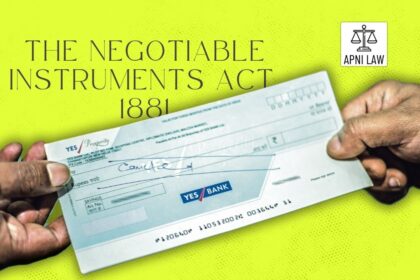Code
(1) The High Court or the State Government, as the case may be, may withdraw all or any of the powers conferred by it under this Code on any person or by any officer subordinate to it.
(2) Any powers conferred by the Chief Judicial Magistrate or by the District Magistrate may be withdrawn by the respective Magistrate by whom such powers were conferred.
Explain it
- This section grants the power to the appropriate Government (Central or State) to revoke any powers bestowed upon authorities under CrPC.
- The withdrawal can be either permanent (“absolutely”) or temporary (“for a specified period”).
- The withdrawal must be done through a public notification in the Official Gazette, ensuring transparency.
- The power to withdraw can be exercised in situations where the Government feels it necessary to control or modify the exercise of powers by authorities.
Illustrate it
For example, the Government may decide to withdraw the power of a Magistrate to issue search warrants in certain specific circumstances. This could be done due to concerns regarding misuse of power or to implement new regulations. The withdrawal will be notified in the official Gazette, making it publicly known.
Common Questions and Answers
Q: What is the purpose of this section?
A: This section empowers the Government to control the exercise of powers by authorities under CrPC, ensuring accountability and preventing misuse.
Q: Who has the power to withdraw powers under this section?
A: The appropriate Government, which can be either the Central Government or the State Government, has the authority.
Q: What are the ways in which powers can be withdrawn?
A: The withdrawal can be either permanent or temporary, based on the specific circumstances and the Government’s intention.







